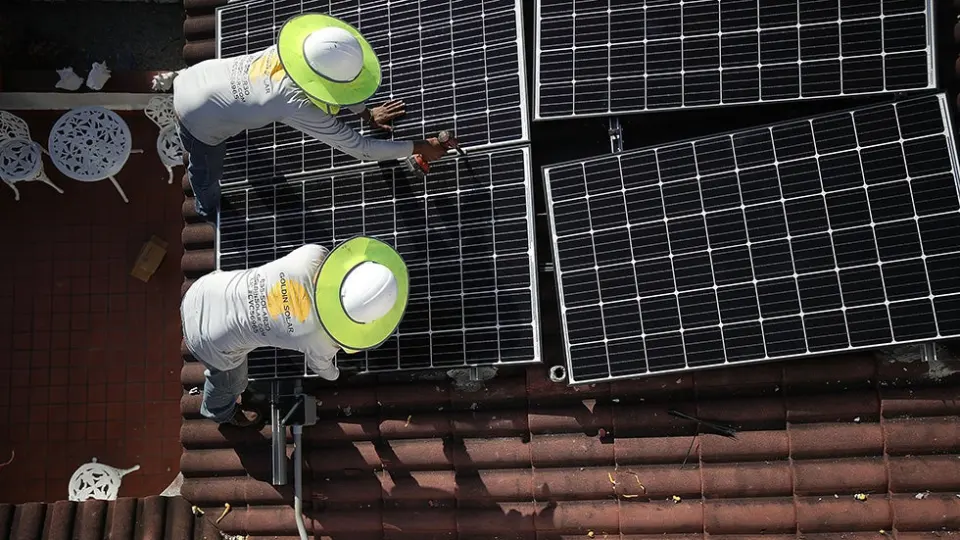This op-ed on the 2023 Sustainable Energy in America Factbook was originally published in The Hill.
By Heather Reams, President, CRES Forum and Lisa Jacobson, President, BCSE
The clean energy economy is not often kitchen table conversation — but the turbulent energy market often made headlines in 2022. Supply chain disruptions, an international energy crisis, and rising interest rates elevated prices for key energy commodities, putting significant stress on the United States’ energy sector. Broken permitting processes have exacerbated delays and slowed deployment of new clean energy. Despite these difficulties, new data shows that progress in the clean energy sector stayed resilient through 2022.
According to the newly released 2023 Sustainable Energy in America Factbook from the Business Council for Sustainable Energy (BCSE) and BloombergNEF, 2022 was historic in terms of clean energy benchmarks and laudable policy achievements. Despite daunting obstacles, power generation from renewable sources hit a record, consumers purchased nearly 1 million new electric vehicles, and federal legislation allocated at least $369 billion in support of clean energy technologies. The trend is clear: the clean energy sector is now hard-wired into the U.S. economy, reviving American industry with new jobs and revenue and enhancing national security with resilient energy systems.
2022 was a record-breaking year for private clean energy investment, with global financing for decarbonization technologies exceeding $1 trillion. In the United States, investment in clean energy rose 11 percent in just one year to $141 billion. Given that capital invested today will yield results tomorrow, the private funds raised in 2022 foreshadow considerable new build and progress on key technologies for years to come.
Continue reading in The Hill.

